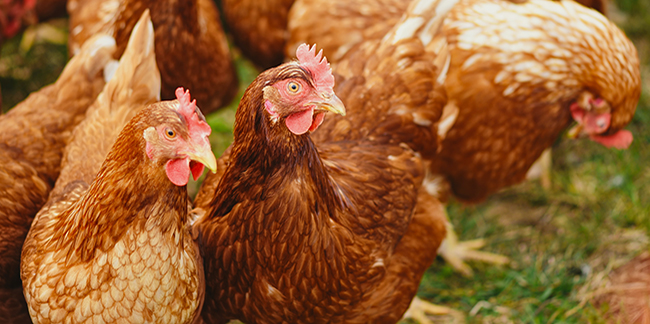Animal Welfare Risk Factors and Solutions
 Our research uses measures of animal behaviour, health and welfare to identify and prioritise animal welfare problems. We work with stakeholders to develop welfare assessments and find evidence-based practical solutions to ameliorate these problems and promote good welfare. To this end, we are increasingly interested in the development of automated in situ welfare and health monitoring.
Our research uses measures of animal behaviour, health and welfare to identify and prioritise animal welfare problems. We work with stakeholders to develop welfare assessments and find evidence-based practical solutions to ameliorate these problems and promote good welfare. To this end, we are increasingly interested in the development of automated in situ welfare and health monitoring.
We work with many species, investigating a range of issues including lameness and mastitis in cattle, nest use in laying hens, housing for rats, mice and rabbits, welfare of working equids, racing greyhounds and captive wild animals (in zoos and as pets), and welfare and health assessment of neotropical mammals.